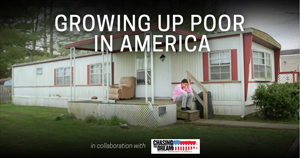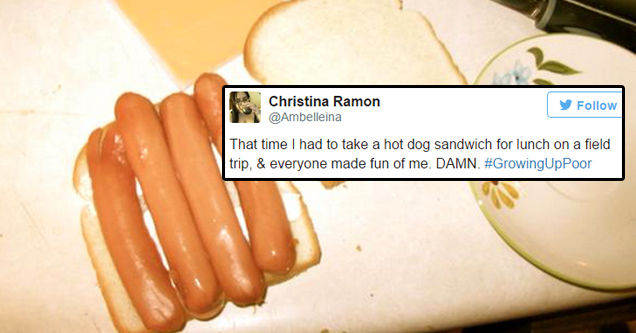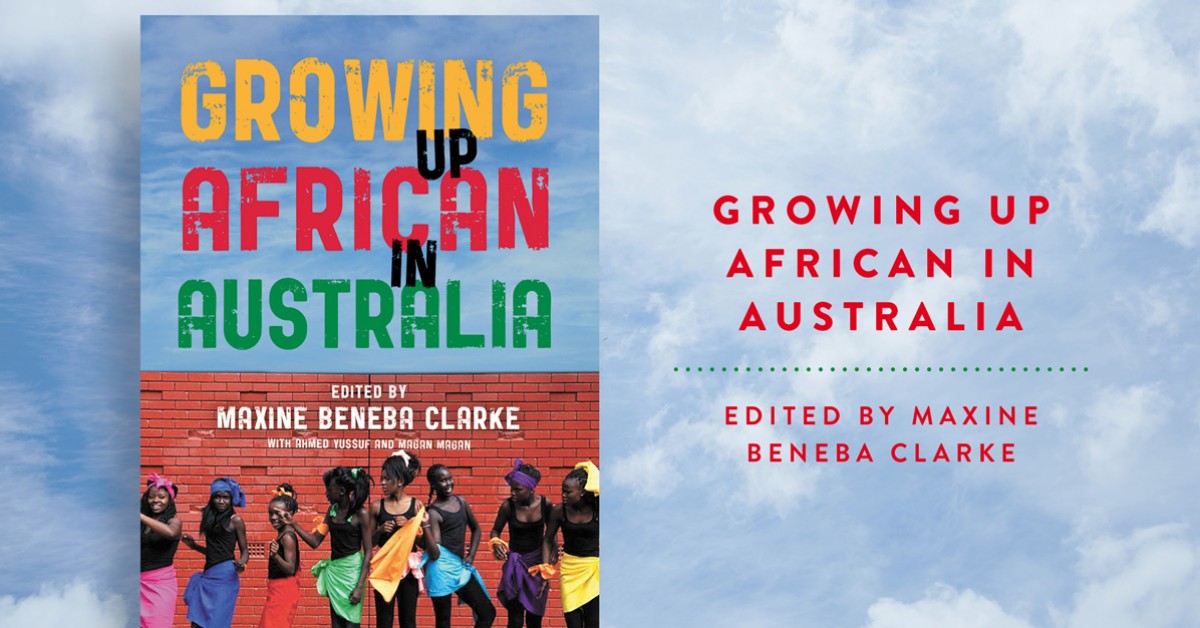

That said, most of the scholarly work on poverty and the impacts of anti-poverty programs and policies on child well-being is correlational rather than causal. If it turns out that associations between poverty and negative child outcomes are caused by factors other than income, then the root causes of negative child outcomes must be addressed by policies other than the kinds of income-focused anti-poverty proposals presented in this report. Are the differences between the life chances of poor and nonpoor children a product of differences in childhood economic resources per se, or do they stem from these other, correlated conditions? Evidence both on the causal (as distinct from correlational) impact of childhood poverty and on which pathways lead to better outcomes is most useful in determining whether child well-being would be best promoted by policies that specifically reduce childhood poverty.

Income-based childhood poverty is associated with a cluster of other disadvantages that may be harmful to children, including low levels of parental education and living with a single parent ( Currie et al., 2013). Second, and vital to the committee's charge, is the issue of correlation versus causation. First, although average differences in the attainments and health of poor and nonpoor children are stark, a proportion of poor children do beat the odds and live very healthy and productive lives ( Abelev, 2009 Ratcliffe and Kalish, 2017). This finding needs to be qualified in two important ways. We find overwhelming evidence from this literature that, on average, a child growing up in a family whose income is below the poverty line experiences worse outcomes than a child from a wealthier family in virtually every dimension, from physical and mental health, to educational attainment and labor market success, to risky behaviors and delinquency.

All else equal, we also selected more recent studies. Because this research literature is vast, the committee focused its review on the most methodologically sound and prominent studies in key fields, primarily in developmental psychology, medicine, sociology, and economics. It also provides a brief review of research on the macroeconomic costs of child poverty. A surprise bill could quickly change the condition of our entire home from stable to terrifying.In response to the first element of the committee's statement of task, this chapter summarizes lessons from research on the linkages between children's poverty and their childhood health and education as well as their later employment, criminal involvement, and health as adults. She couldn’t: We lived paycheck to paycheck, and the gap between the two checks was always perilous. My mother was constantly in motion, always doing something that needed to get done, yet never catching up.

On weekends, she led all four of her complaining children in a deep clean of our house and yard. She shuttled me and my siblings back and forth to activities, doctor’s appointments, and visits with our friends and family all week. She worked full-time as a confinement officer at our local sheriff’s department. My mother was not perfect - she got angry a lot, and I hated that - but she was not lazy. Surely this was something he’d heard or learned from his parents, but his parents didn’t know my mother. He thought he was only stating a fact, but it felt like he’d slapped my face and marked me. We were children, and I assume he did not hear the cruelty in his words.


 0 kommentar(er)
0 kommentar(er)
